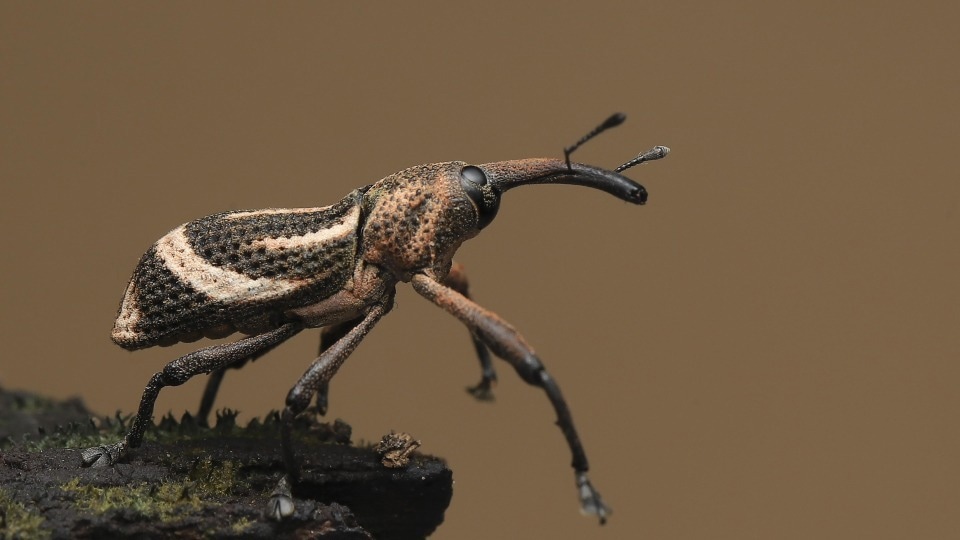Reviewed by Danielle Ellis, B.Sc.May 30 2023
According to a new study performed at Lund University in Sweden, for insects, there is a huge dependence on bacteria for essential nutrients that are lacking in their diet. This has enabled insects to access an extensive variety of food, resulting in exceptional species diversification in some cases.
 A Weevil. Image Credit: Pixabay
A Weevil. Image Credit: Pixabay
As far as biodiversity is concerned, insects are vital and are among the highly successful species on the planet. But so far it is yet to be clearly understood how they could utilize such a diversity of food sources. According to a recent study reported in the scientific journal Nature Ecology and Evolution, a vital role has been played by bacteria.
Insect diets range from human blood, in the case of mosquitoes, to the wood used to build our houses, in the case of termites. The common denominator is bacteria. Our findings show that bacteria play a crucial role in providing insects with the nutrients they need to survive and thrive.”
Charlie Cornwallis, Biology Researcher, Lund University
The study, of which Weevils was a part, displays that bacteria constantly offer insects vitamin B, a vital nutrient that cannot be made by themselves. Insects have turned out to be highly dependent on bacteria that they have come up with new organelles to accommodate them—alleged bacteria factories.
The nutrients provided by bacteria have enabled insects to survive on highly unbalanced diets and exploit new types of food resources. Some insects, such as aphids, solely feed on phloem, essentially sugary water. Imagine being able to lead a healthy life only on sweets.”
Charlie Cornwallis, Biology Researcher, Lund University
But the effects of bacteria on insect diversity and changes are not direct. In some insect families, specialization on specific diets involving blood has terminated species diversification. However, in majority of the cases, like plant-feeding insects, dietary specialization has been associated with a considerable increase in species.
Insects are all around us and influence our every walk of life. They spread diseases and even threaten food production as crop pests. Knowing how and why insects survive and diversify is important for understanding the evolution of the natural world and its influence on our well-being.”
Charlie Cornwallis, Biology Researcher, Lund University
Source:
Journal reference:
Cornwallis, C. K., et al. (2023) Symbioses shape feeding niches and diversification across insects. Nature Ecology & Evolution. doi.org/10.1038/s41559-023-02058-0.